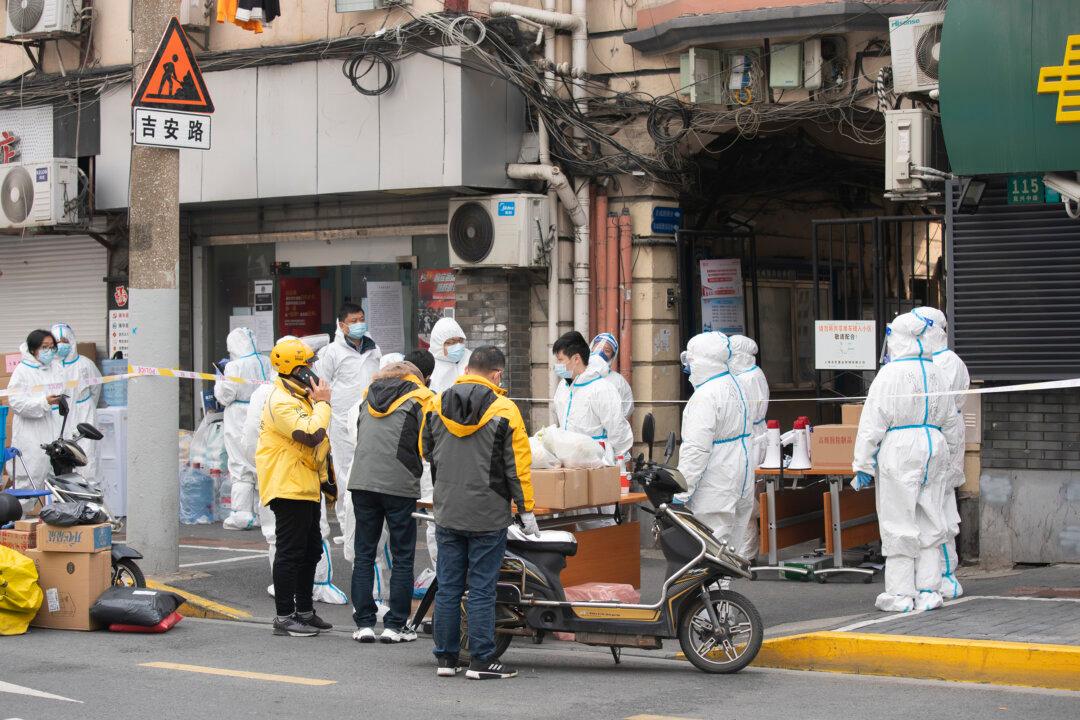Beijing and other Chinese regions have recently begun conducting anal swab tests on people, claiming that they can more accurately detect COVID-19 than the more commonly used nasal and throat swabs.
Chinese people expressed concerns about the new testing method—sometimes done in front of others at quarantine centers—saying it is an invasion of privacy and also extremely uncomfortable.





